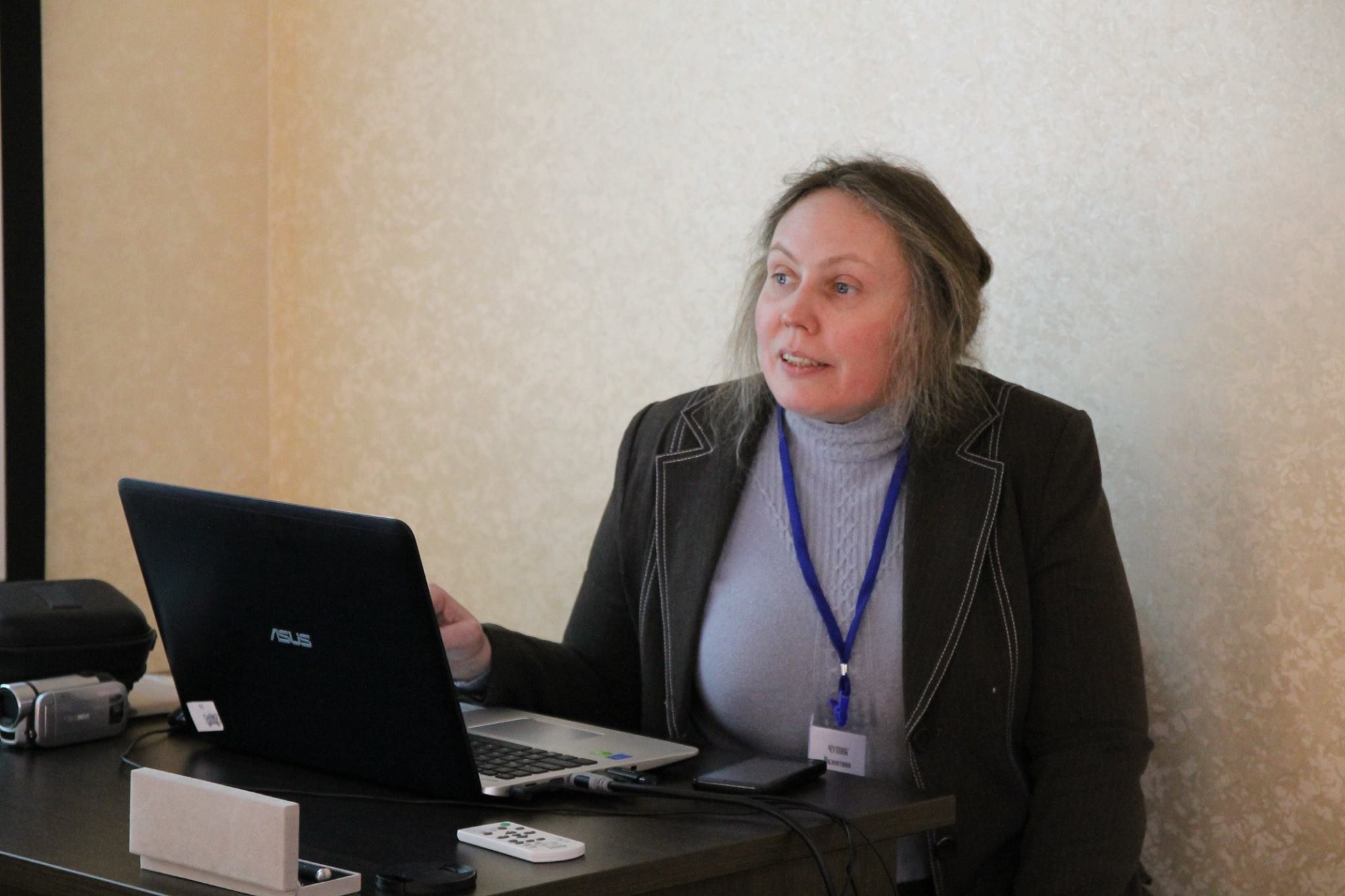Valentina Chupik, executive director of Tong Djahoni, an organization advocating migrants’ rights, explains how volunteers helped migrants to get medical care during the pandemic.
Valentina Chupik mentions that about 30 people per year come to Tong Djahoni with the issues related to healthcare.
- Among those who came to me in 2020, there were migrants with occupational traumas; one person had a traffic accident, and because he was a taxi driver, this was also an occupational accident. One woman came for help after an bad delivery of a baby; her Cesarean section was not done well, and she had an inflammation of reproductive organs. Another woman lost an eye in a fight with neighbors (also migrants). There were also foreign citizens who needed urgent medical care, but the ambulance refused to hospitalize them. We also worked with a case of nationalist aggression against a migrant who received 8 knife wounds. There were people with ribs broken by the police. In general, the most typical diagnosis of my clients is being beaten by the police.
Health
Valentina calls the migrants’ habit of not taking care of their health while they are earning their life a “delayed health syndrome”.
- This means “while I’m a migrant, I cannot permit myself to be sick”, “I work until the pain disappears”, “I work until I no longer can”. Only in the case when a migrant can no longer work, and the pain has not disappeared, they go to a doctor or, in most cases, call an ambulance. Firstly, many migrants know that calling an ambulance is free. Secondly, they lead themselves to a point when they really need an ambulance.
According to the expert, migrants go to clinics mostly in two types of situations. The first situation is when an ambulance has provided some help, but a person needs more treatment. The second situation is when an abortion is needed.
Legal experts
An example of a situation when a migrant needs a lawyer to advocate for their rights is inability to do a specific job for medical reasons. Valentina says that in January, an Uzbek woman contacted her about her husband; the man had had a severe form of the coronavirus infection and was prohibited to lift more than 2 kilos.
- He worked in housing and communal services and had to use a heavy instrument to break the ice. They threatened to fire him in case of refusal, even though he provided medical certificates to his bosses. We prepared a written request to change his work to less physical, and the boss was not accepting it. But we submitted the request through his secretary, and the issue was solved.
The pandemic
During the pandemic, in April 2020, Valentina’s team created a Panel for Migrants Help. This panel includes representatives of Uzbekistan embassy, Agency of external labor migration of Uzbekistan, State Service of Migration of Kyrgyzstan, as well as human rights advocates, volunteers, lawyers, journalists. Its partners include the Interregional Public Charitable Organization “The Committee for Civil Rights”, charitable foundation “Tvori dobro” (Russian for Create kindness), Russian departments of International migration organization and Red Cross.
— We have joined our forces, because in April we started to receive many calls from migrants in need of medical care, – comments Valentina; – We also wanted to distribute humanitarian help to people who really needed it. Our third aim was to understand if people were open to seek healthcare services. Many foreigners are almost never open to this idea: some of them do not trust doctors, others believe their organs might be taken from them… but during the lockdown, people sought medical care.
The expert mentions that the main work of the Panel became “to make an ambulance come to a migrant with COVID-19 and to make sure that they receive help”.
— The coronavirus pandemic has shown that there is not only a language barrier between the medicine and a migrant, but also a nationalistic one, – the expert accentuates; – We often saw that when a person said their last name which ended with “-bekov” or “-kulov”, the other side hanged up. For this reason, as a part of the Panel, we have created a hotline in Russian, Uzbek, Kyrgyz, and Tadjik.
Hotline volunteers answered about 2000 calls since the 21st of April till the 1st of June. The lawyer also received 50 to 60 daily calls related to coronavirus issues.
— In total, in one month and a half we called an ambulance more than 600 times for migrants in different regions of Russia, and distributed 2428 food packages. Sometimes we had to call an ambulance twice, and sometimes we asked employees of correspondent embassies to help protect medical rights of migrants.
Ekaterina Ivashchenko
Photo by Vladimir Paramonov, Central Eurasia Project.
This article was prepared with the support in Oxfam in the Russian Federation
